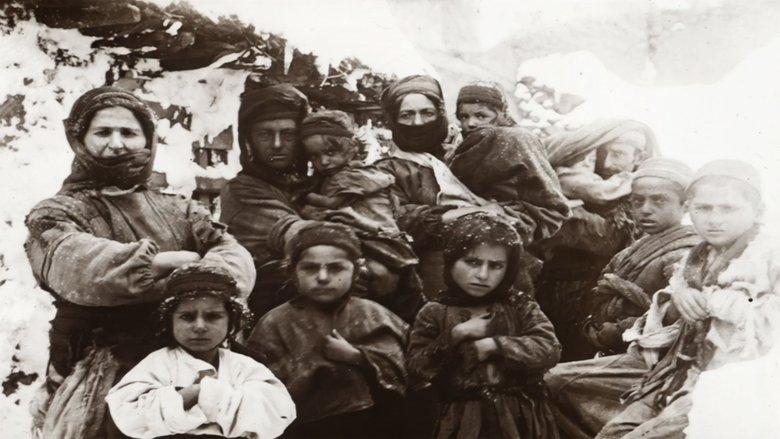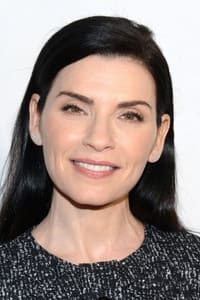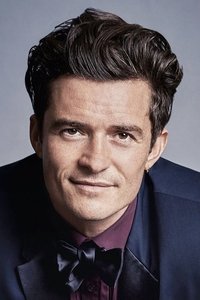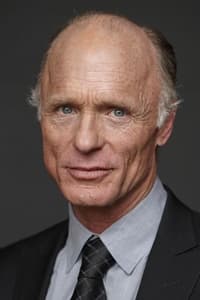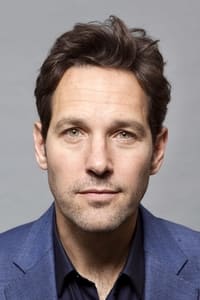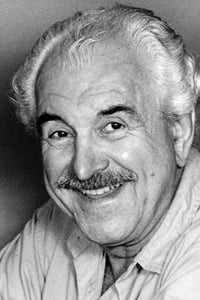The Armenian Genocide
Genres
DocumentaryHistory
OverView
Explores the Ottoman Empire killings of more than one million Armenians during World War I. The film describes not only what happened before, during and since World War I, but also takes a direct look at the genocide denial maintained by Turkey to the present day.
Others
Budget
$--
Revenue
$--
Status
Released
Original Language
English
Runtime
57 mins
Rating
6.2/10
Release Date
17 April 2006
Country
United States of America
